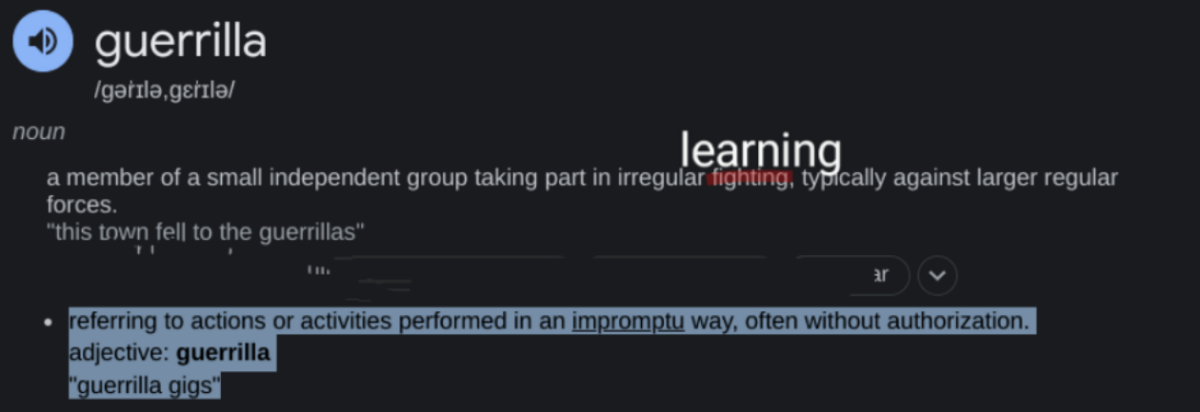The “critical tendency” and “law of development” of capitalism is to divorce the means of production from labour (to mechanise) and to concentrate the means of production into large groups and so transform labour into wage-labour (replaceable: a commodity in competition with other commodities) and the means of production into capital (viz. investment). However, the more it does so, the less surplus value is generated and the less the workers are paid. Hence, the revolution of the working class is inevitable because its interests become the motor of change: the more he works, the less he receives.
Marx concludes that the worker is, therefore, the most miserable commodity because labour power becomes cheaper the more commodities it creates and “The appropriation of the object appears as alienation to such an extent that the more objects the worker produces, the less he can possess and the more he falls under the domination of his product, capital.” (p. 78) Alienation is the crucial concept in Marx’s critique of capitalism and its ideology. A social revolution is required when the growth in powers of production is hindered by the social relations of a specific society. The mechanism of change is class struggle.
For a Marxist theory to be normative it needs to show that socialist society is morally legitimate and worth aspiring to in terms of our normal moral categories, viz. a socialist society is more just than, say, a welfare state or the free market as a way to distribute goods. Let us therefore begin with a central evaluative claim in Marx’s writings: Marxists reject the idea that justice is actually compatible with private property and the free market. Marxists hold that private property is inherently unjust. They do so for two reasons: one because it is exploitative, and two because it is alienating. We shall concentrate on the latter of these. Why is private property inherently unjust?
